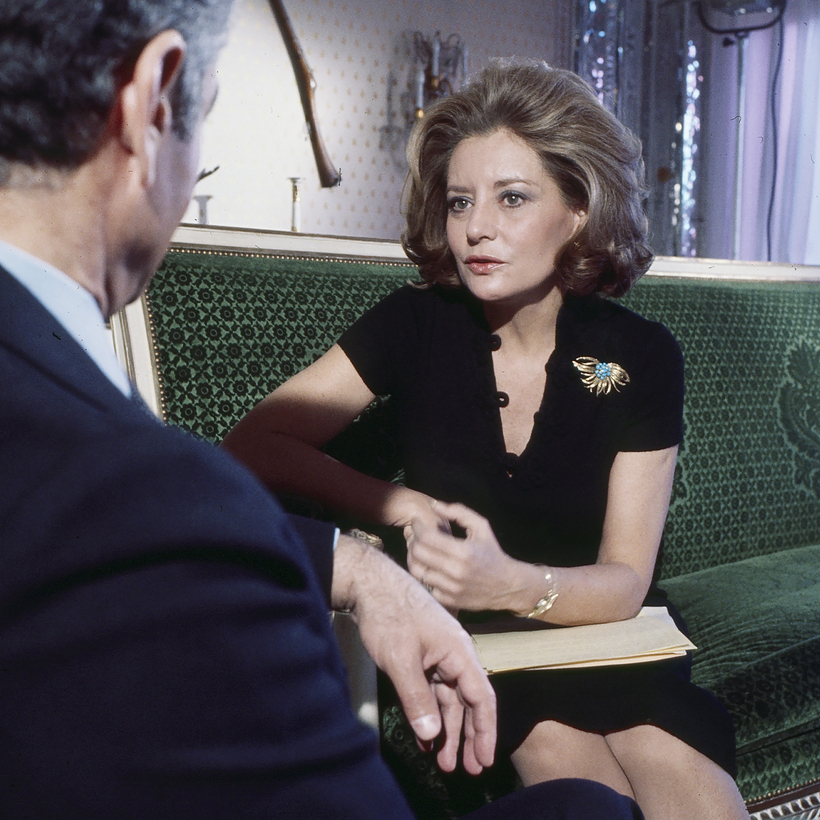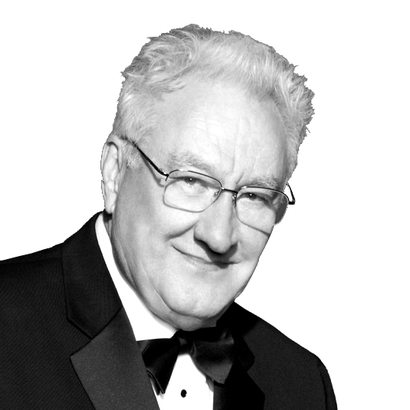When Barbara Walters and our crew landed at Mehrabad International Airport, in Tehran, it was clear that the capital city of Iran was on edge. We were there to interview the Shah of Iran, Mohammad Reza Pahlavi. The Pahlavi dynasty had been in power for nearly 53 years, but by 1977 the Shah was facing growing discontent that was about to explode into the Islamic Revolution.
It was in February that Barbara had called me with the news of the interview. It was to be an in-depth piece for a new prime-time series of specials that my company was co-producing with hers. I was also directing, and more than a little nervous about it.


